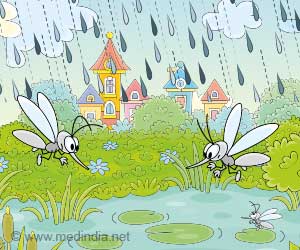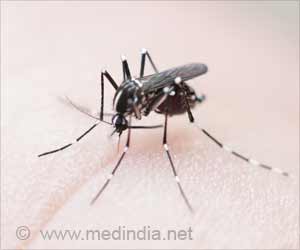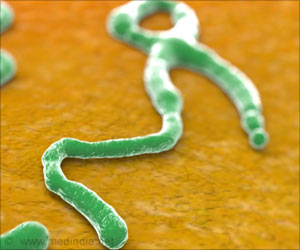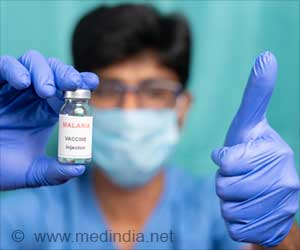The dengue virus combines molecules from its RNA with mosquito saliva to foil the human immune system and spread dengue fever and related diseases.
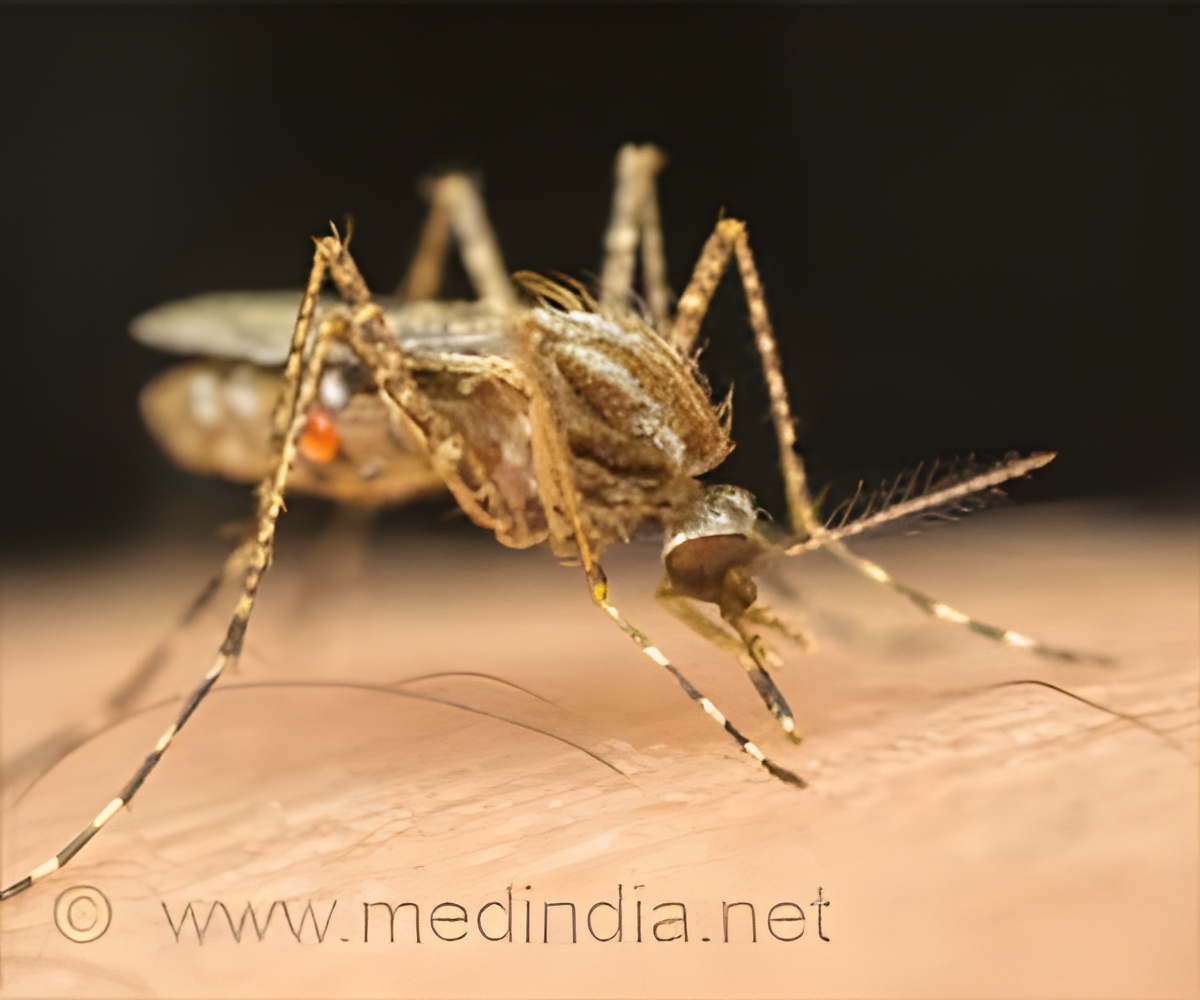
Researching New Ways to Prevent Dengue
Approximately half the world’s population is at risk for dengue, and roughly 400 million people are infected every year. Fever, nausea, and skin rash are symptoms of dengue. Most people will have mild cases, but about 1 in 20 will develop severe illnesses that can lead to shock, internal bleeding, and death. Unfortunately, it is possible to contract dengue repeatedly as it is caused by four related viruses transmitted primarily by the Aedes aegypti species of mosquito. There is no treatment, but the discovery identifies an important contributor to the disease’s spread as researchers seek to find better ways to combat it.‘A better understanding of the transmission of the dengue virus will eventually lead to effective preventive measures.’





Dengue has spread in recent years to Europe and the Southern United States in addition to longstanding hotspots in tropical and subtropical areas such as Southeast Asia, Africa, and Latin America. It is remarkable how clever these viruses are – they subvert mosquito biology to tamp down our immune responses so that infection can take hold.Mosquito Saliva Alone Has Profound Effects on The Human Immune System in Dengue
Researchers found that infected mosquitoes’ saliva contained not just the expected dengue virus but a powerful conspirator: molecules produced by the virus that can blunt the body’s immune response. The injection of these molecules, called sfRNAs, during the mosquito bite makes it more likely that the victim will become infected with dengue.By introducing this RNA at the biting site, dengue-infected saliva prepares the terrain for efficient infection and gives the virus an advantage in the first battle between it and our immune defenses.
The new findings pinpoint one weapon in the viruses’ arsenal and open the door to finding new ways to help reduce transmission and control the disease’s spread. For now, the best way to avoid getting seriously sick with dengue remains to avoid getting bitten.
Incredibly, the virus can hijack these molecules so that their co-delivery at the mosquito bite site gives it an advantage in establishing an infection. These findings provide new perspectives on how we can counteract dengue virus infections from the very first bite of the mosquito.
Advertisement


